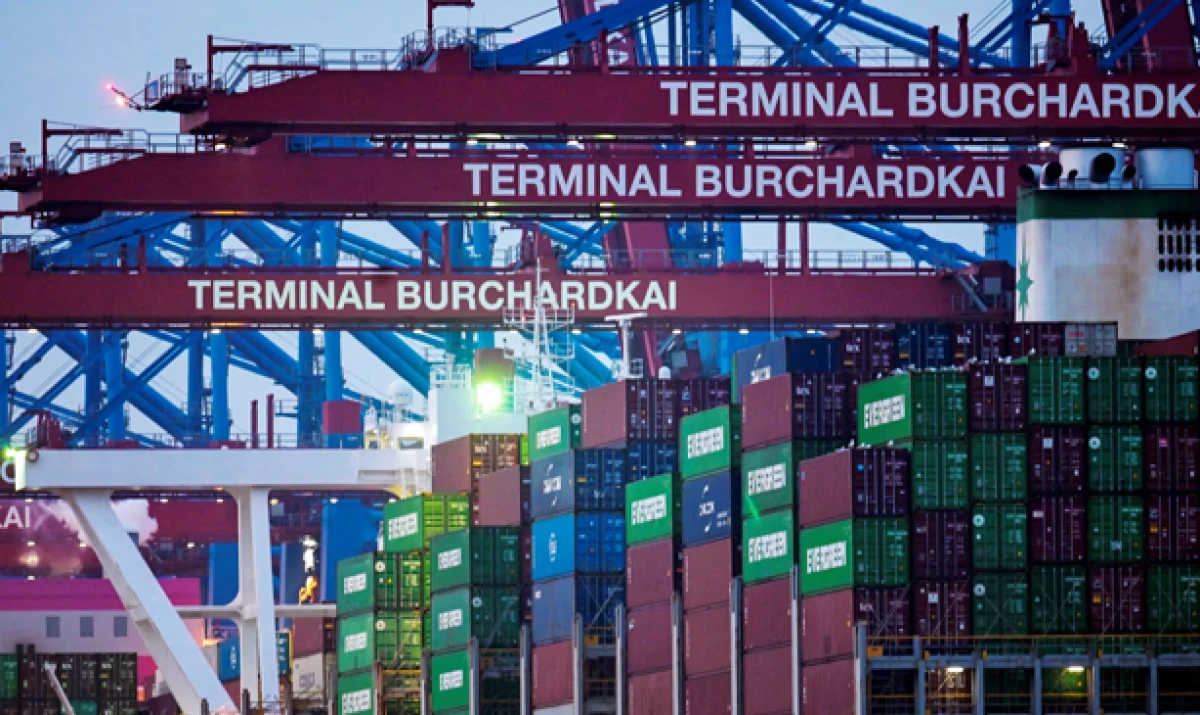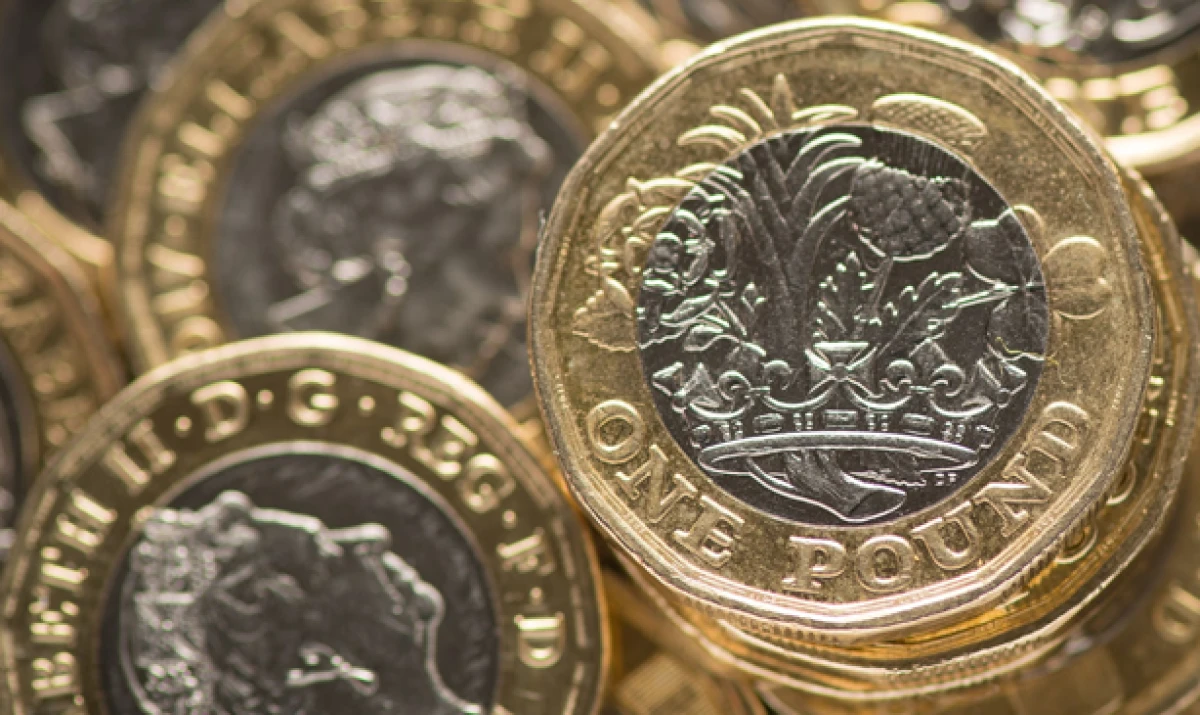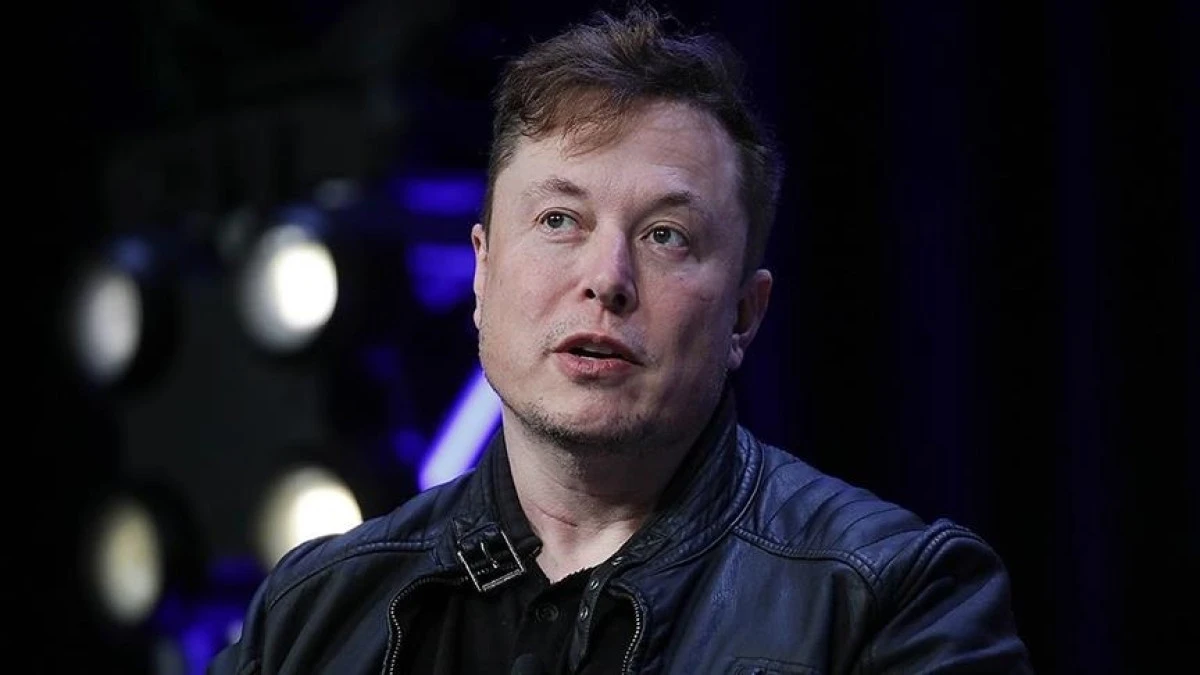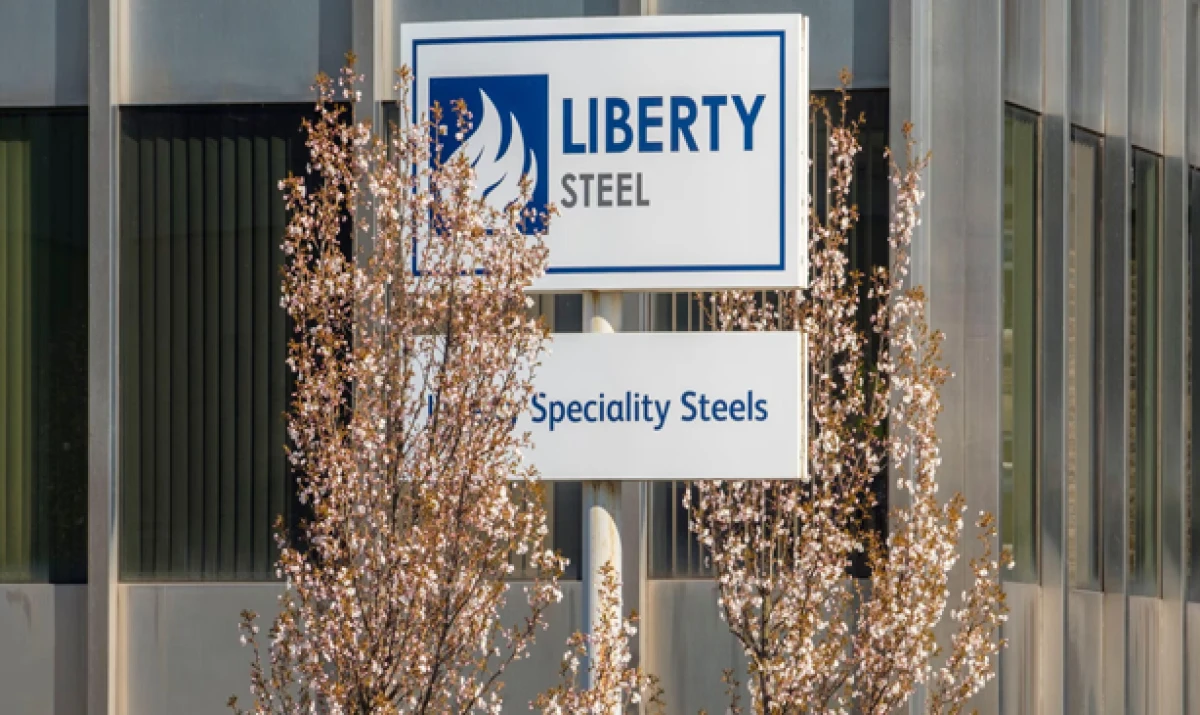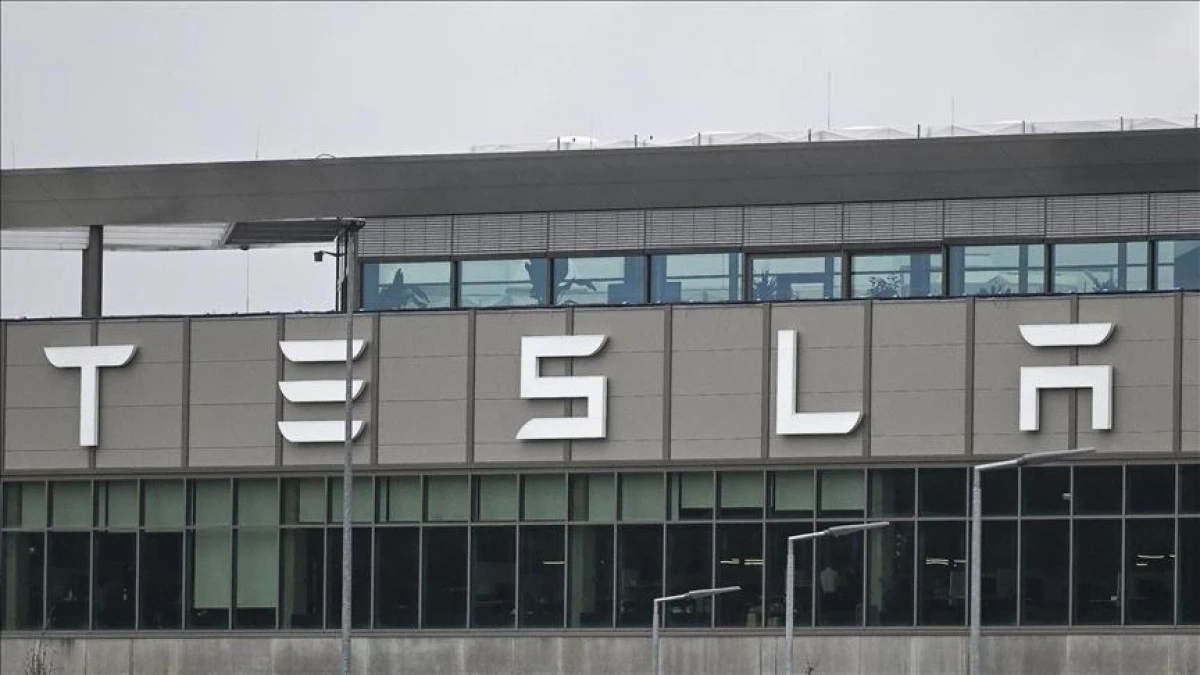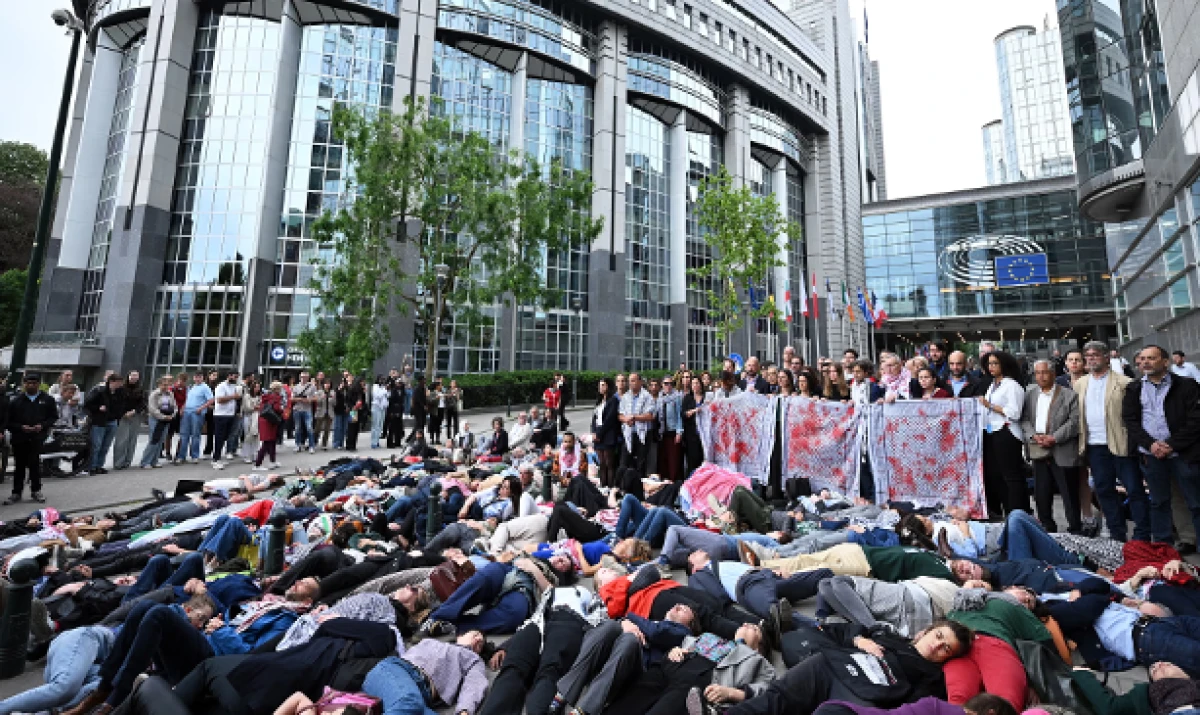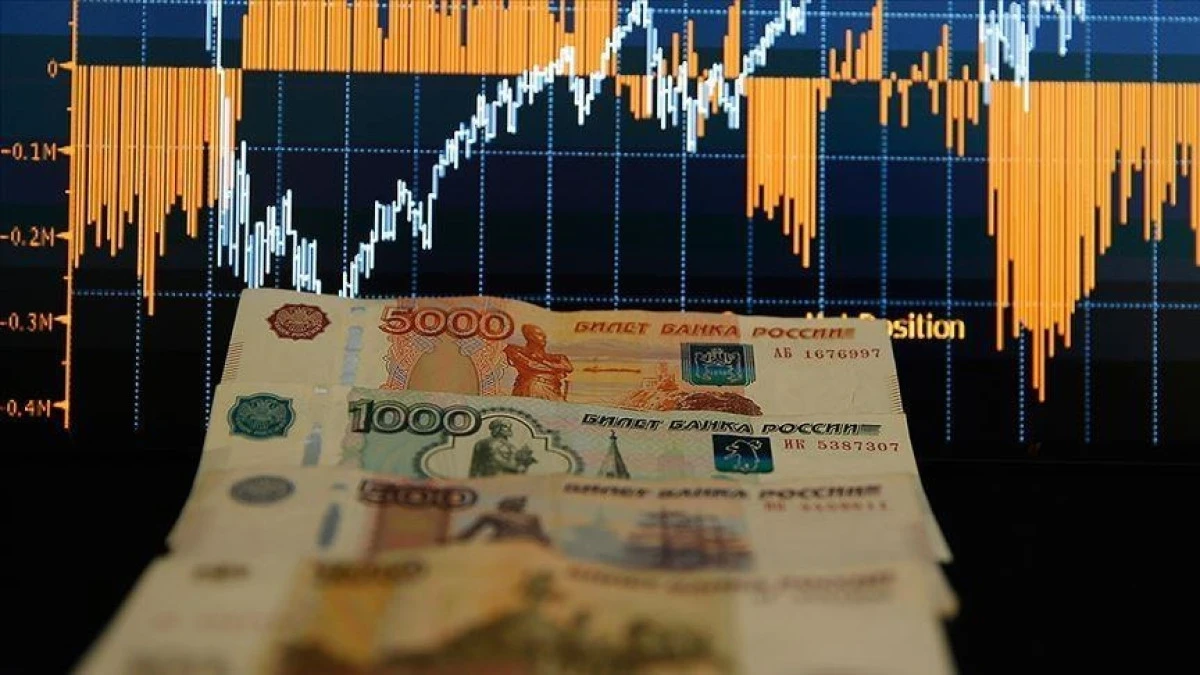EU president secures tariffs delay after talk with Trump
EU president secures tariffs delay after talk with Trump
Enactment of 50% tariffs postponed until July so both sides can ‘reach a good deal’ after pressure from European leaders
Donald Trump has announced that he will pause his threatened 50% tariffs on the European Union until 9 July, after a “very nice call” with EU chief Ursula von der Leyen.
The European Commission president announced in a social media post that she had spoken with Trump and secured the delay to give the two sides more time to negotiate.
“Europe is ready to advance talks swiftly and decisively,” von der Leyen wrote. “To reach a good deal, we would need the time until July 9.”
Brussels and Washington have been locked in negotiations in a bid to avert an all-out transatlantic trade war, after Trump’s tariff threat on Friday dramatically raised the stakes.
Trump warned he would impose 50% tariffs on all of the the bloc’s imports into the US, saying “discussions with them are going nowhere”, adding that the tariffs would be applied from 1 June. Trump claimed he was “not looking for a deal”, repeating his longstanding view that European states had “banded together to take advantage of us”.
German finance minister Lars Klingbeil on Sunday said he had spoken with his US counterpart Scott Bessent about the matter.
“We don’t need any further provocations, but serious negotiations,” he told the Bild newspaper, adding “the US tariffs endanger the US economy just as much as the German and European economy”.
If imposed, the increase would dramatically raise Washington’s current tariff baseline levy of 10% to 50%, and fuel simmering tensions between two of the world’s economic heavyweights. Trump had previously paused threatened tariff hikes for three months to allow time for negotiations, giving trading partners until July to agree to new terms.
The latest threat of a June hike sent stock markets into a tailspin on Friday, amid fears of renewed global economic disruption, with the US dollar also falling in value.
The EU is one of Washington’s largest trading partners, sending more than $600bn (£444bn) in goods last year and buying $370bn worth, according to US government figures.
Klingbeil reiterated Germany’s support for the EU in handling the talks with the US. “We as Europeans are united and determined to represent our interests,” he said.
The EU’s trade chief, Maroš Šefčovič, responded on Friday saying that the bloc was “committed to securing a deal that works for both” and that trade relations “must be guided by mutual respect, not threats”.
The Irish premier, Micheál Martin, warned of the consequences if such levels of tariffs were imposed. “This is a surprise, because there was a pause until early July,” he told RTÉ.
“Everybody in the European Union is acting in good faith and wants a negotiated settlement with the United States.
“The trading relationship between the European Union and the United States is the most dynamic and largest in the world, so tariffs of that height or scale would be extremely disruptive and would create even wider disruption across the global economy.”
Yorumunuz başarıyla alındı, inceleme ardından en kısa sürede yayına alınacaktır.

